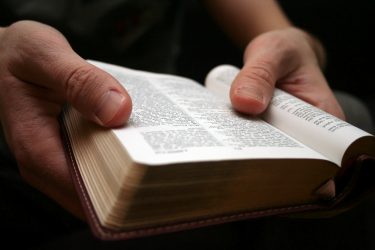This verse is about making a free will offering as well as a vow. This oath was not by compulsion, neither was it commanded by law. It was made completely on a voluntary basis.
The lesson to be learned is the seriousness and the obligation that follows a vow to the Lord. There are examples in the scriptures of people or persons making vows unto the Lord ignorantly, thoughtlessly, or even under deception; but God still held them accountable for the words that were spoken. In Exodus 19:8, after having the law read to them, the nation of Israel through the voice of their elder representatives said, "these things we will do." In Judges 11:30, Jephthah made a vow to the Lord which brought him much sorrow. Yet he was obligated to keep it. In Joshua 9:3-37, the Elders of Israel made an oath while under deception with the inhabitants of Gibeon, but the oath had to be honored.
The importance of keeping a vow can be found in the following verses:
Ecclesiastes 5:4,5 (NET), "When you make a vow to God, do not delay in paying it. For God takes no pleasure in fools: Pay what you vow! It is better for you not to vow than to vow and not pay it."
Proverbs 20:25 (NLT), "Don’t trap yourself by making a rash promise to God and only later counting the cost."
So how do these Old Testament scriptures apply to our Christian life? In general, they tell us to be very aware of our promises and vows. Mark 8:34 (NET), "Then Jesus called the crowd, along with his disciples, and said to them, 'If anyone wants to become my follower (freewill offering), he must (vow to) deny himself, take up his cross, and follow me.'" And remember Hebrews 10:28 (KJV), "Now the just (those who make a freewill offering) shall live by faith: but if any man draw back (fail to fulfill his vow), my soul shall have no pleasure in him."











